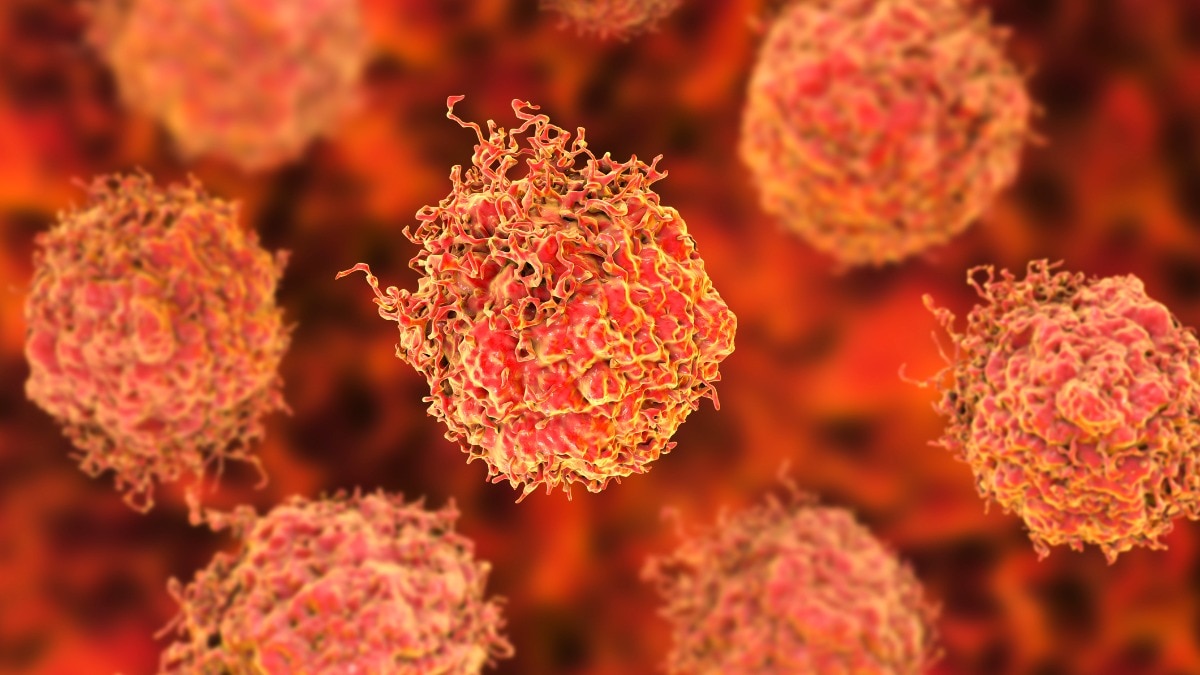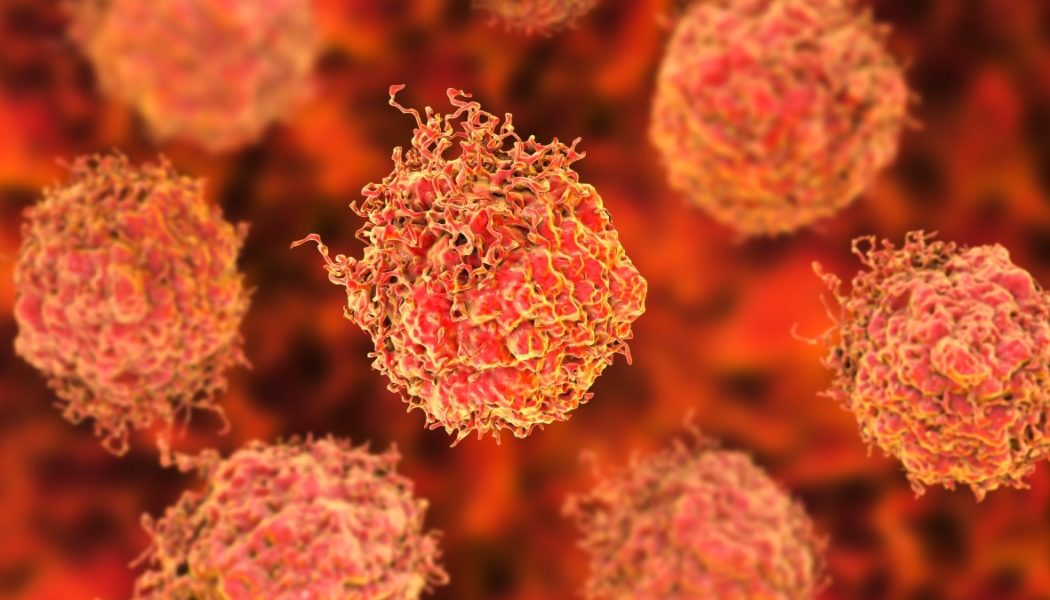
A new study released by the American Cancer Society, suggested that maintaining a healthy body weight, cessation or limiting alcohol consumption (for those who drink), consuming a healthy diet, and being physically active can substantially reduce the number of cancer cases and deaths.
The researchers looked at 30 types of cancer and 18 risk factors that could be modified with lifestyle choices, like smoking and bodyweight.
advertisement
Among the participants, who were from the US, cigarette smoking was the leading risk factor for cancer, contributing to nearly 20% of all cancer cases and 30% of all cancer deaths.
The study looked at data from 2019 and found that lifestyle factors were linked to more than 7,00,000 new cancer cases and more than 2,62,000 deaths among adults aged 30 and older.
The top ten risk factors for cancer, identified in the new study, include:
Smoking
Among potentially modifiable risk factors evaluated in this study, cigarette smoking remains the leading contributor to cancer cases and deaths in both men and women. While this factor can be changed or managed, the receipt of the recommended lung cancer screening among high-risk current and former smoking individuals remains low.
Bodyweight
“We estimated that of all cancer cases and deaths in the United States, nearly 7%–8% were attributable to excess body weight, 4%–5% were attributable to alcohol consumption, 4% were attributable to dietary factors (all evaluated dietary factors combined), and 3% were attributable to physical inactivity,” the researchers said.
Alcohol use
Alcohol consumption contributed to 5.4% of cancer cases in men and 4.1% in women.
Poor diet
Among dietary factors, low fruit and vegetable consumption contributed to most cancer cases and deaths.
Lack of exercise
The combination of excess body weight, alcohol consumption, dietary factors, and physical inactivity contributed to the largest proportion of all cancer cases in women (nearly one fourth of all cases) and was second only to tobacco smoking in men.
Missing cancer screenings
Lack of cancer screenings or suspension of cancer screenings, especially during the 2020 coronavirus pandemic, disruptions in employment and health insurance, and fear of coronavirus disease 2019, increased cases.
Sun exposure
According to the researchers, nearly 93% of all skin melanoma cases and deaths in the United States are attributable to UV radiation.
Several sun-protection measures like limiting excessive sun exposure, wearing protective clothing, hat, and sunglasses, and regular application of broad-spectrum UVA and UVB blocking sunscreens with a sun-protection factor of 30 or greater have been recommended to reduce skin cancer risk.
Infections
HPV infection contributed to the largest proportion of cancer cases (1.8%) and deaths (1.2%) attributable to any carcinogenic infection evaluated in this study.
Must Watch









